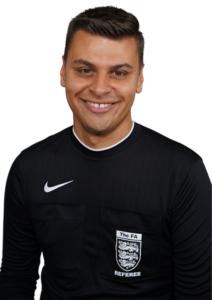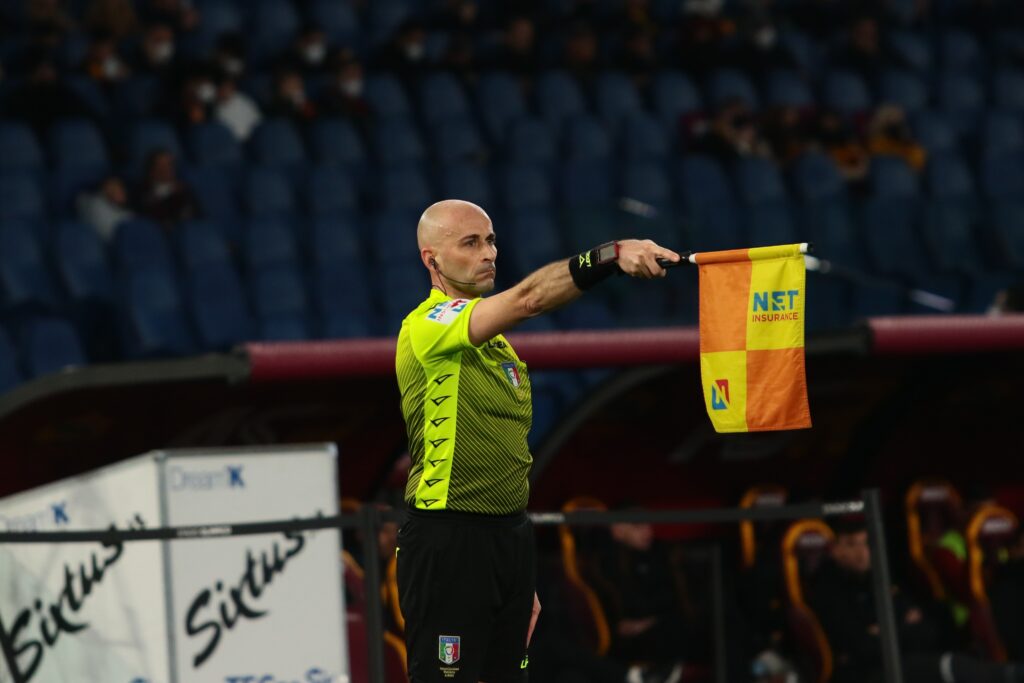Are You The Parent Of An Aspirational Referee Who Has Ever Wondered If Your Young Official Is Ready For Mental Training?
This blog is specifically for parents of referees. Mothers & fathers, this one is for you! So let’s talk about how mental training can actually help your young official. So first of all, what is mental training?
Mental training (and the field of sport psychology) is a lot more well-known now than it was 10 years ago when I first took up the whistle. Referees today have a huge head start having mental training tools more readily available to them in this day and age.
Many parents understand the physical aspect of officiating, getting the physical conditioning in and getting stronger in the gym, but mental training is the side of refereeing where our confidence lives and anxiety thrives and often gets overlooked as a top priority for officials.
Ignoring mental training can be detrimental to refereeing performances and cause increased anxiety and cause performance to tank. Mental training allows officials to navigate mistakes, injuries, tough players & club officials, high-pressure situations, and more. Every referee I have ever worked with experiences what it feels like to be nervous before a game, to have pre-game anxiety, to navigate an injury, and to experience tough situations involving players & club officials.
Referees who consistently practice using mental training are the officials who are better able to bounce back from mistakes, regulate their emotions, and truly have a growth mindset.
Some of my favorite tools (visualisation, breathing techniques, journaling) all are mental training tools that are proven to help referees thrive on and off the field of play. The reward of practicing mental training is that officials take their performances to the next level and the benefits can’t help but spill over into every aspect of their lives.
So How do You Know if Your Budding Official is Ready to Start Mental Training?
If your young referee is starting to set their eyes on promotion up the refereeing ladder and they are experiencing higher stakes that come with a greater standard of play, then chances are they are feeling more pressure out in the middle. With this pressure comes anxiety, fear of underperforming and not wanting to disappoint everyone, including you!
These are very normal experiences that all officials go through! I can remember refereeing when fearful thoughts and anxious feelings would creep in. If you have an official who spirals after mistakes, has negative self-talk, never feels like they’re doing enough, and feels anxious, then mental training is a key next step for them in their refereeing career.
Being proactive and starting mental training now, versus slamming on the brakes and scrambling later, will make all the difference.
I hope that this Blog was helpful for parents of young referees to help give you an idea of when to know if your budding official is ready to start mental training.
At The Third Team I work individually and in collaboration with different professionals where I have developed workshops and 1-2-1 sessions associated with Resilience and Mental Toughness Development to help referees. The workshops and 1-2-1 sessions are interactive, where referees are encouraged to open up and share their experiences to help themselves and each other.
Feel free to contact me if you’d like to know more about my workshops or 1-2-1 sessions and how I could help you or your officials.
Best Wishes,

Nathan Sherratt
Referee Educator & Managing Director of The Third Team

Nathan Sherratt
Nathan Sherratt, Referee Educator, Resilience Trainer and Managing Director of The Third Team. A Mental Toughness Practitioner based in Tyne & Wear, North East England.

